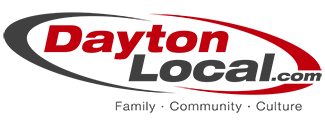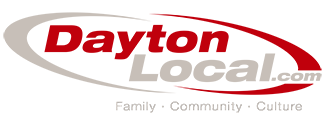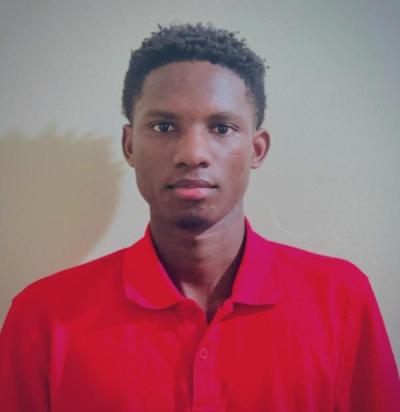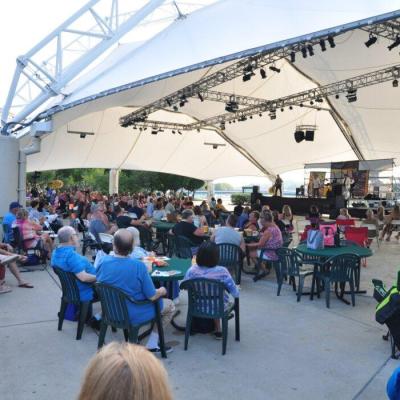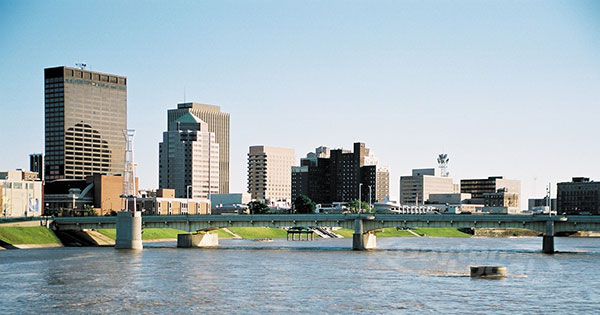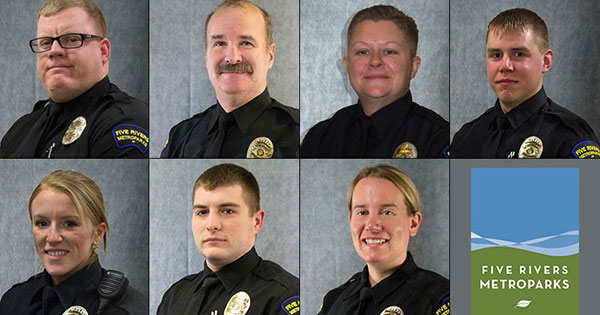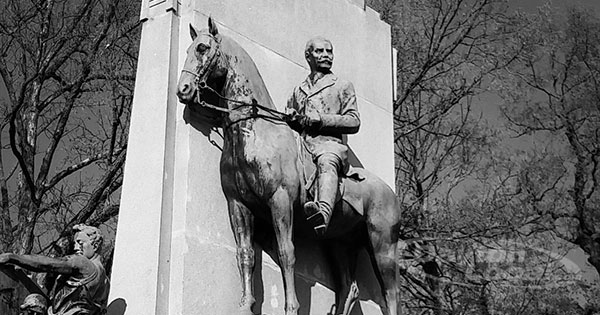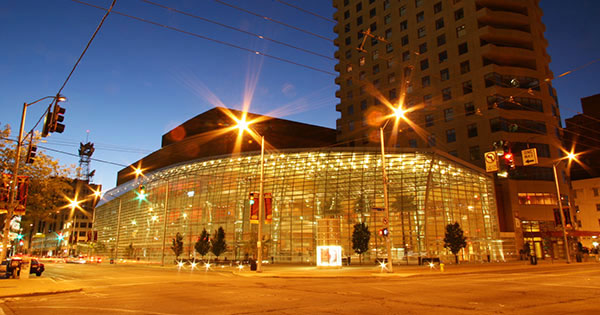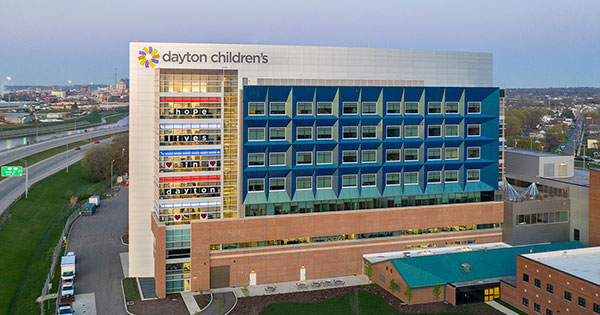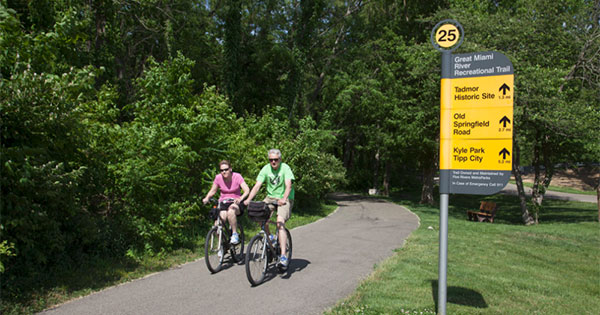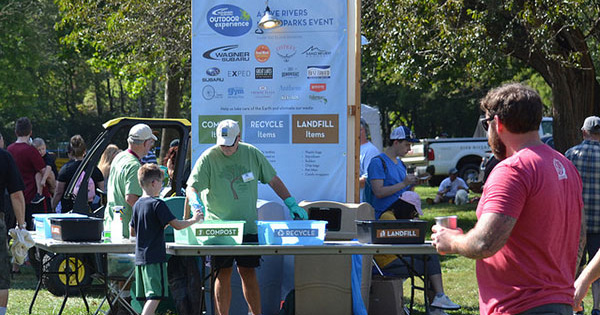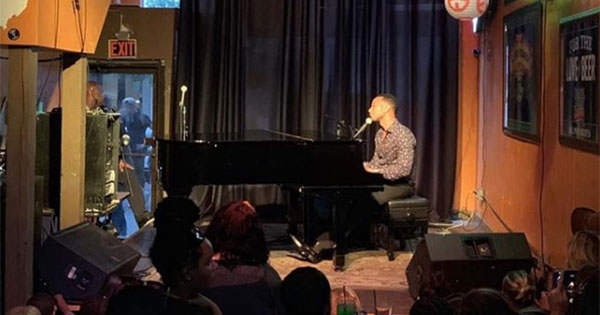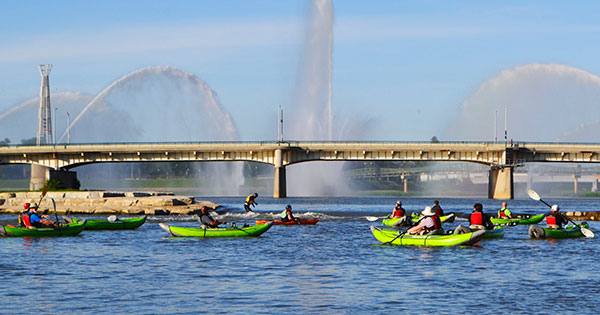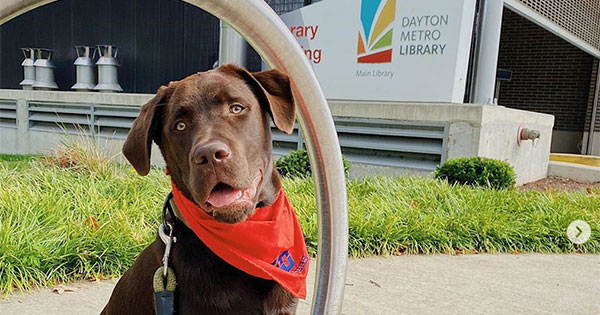
True networking is about building genuine relationships.
Network With Purpose
A couple years ago, a good friend of mine asked, “Do you think there is such a thing as ‘over networking?’” I responded “Yes, I believe there is. I know people who have networks that are a mile wide and an inch deep.” We compared notes and began to realize that true networking is about building genuine relationships.
Chad Bridgman currently serves as an Internship Coordinator for the Science, Mathematics, & Engineering Division at Sinclair Community College and previously served in various capacities around the college always in an effort to connect students to the careers they needed.
In an effort to find out more about Chad’s perspective on networking, I asked:
1. What does networking mean to you?
Networking: an ongoing, never-ending journey; a quest to meet someone new, while trying to figure out how each party can benefit from knowing each other. This benefit may be realized within minutes of an introduction, or years down the road when one is in need of a good home remodeler or new job. At any rate, our network is a winding road of people we have met in our life’s journey, never knowing what the future holds or how our paths may cross again. It is incredible how when in need, we rediscover people and relationships in our network. In general, networking is the first step in not just building your way to 500+ on a LinkedIn profile status, but a more rewarding relationship.
2. How does networking lead to relationship-building?
Think of a network as channels found on TV. While your cable package offers 300+ channels, it is almost impossible to watch all of them at the same time, and I would argue you have your favorite channels that you watch more than others. Personally, mine is DIY. Just like TV channels, there are some people you will naturally connect with more. Though without networking, these relationships would have never happened. The relationship-building is the hard part of networking and will take work and time. Working to really know others, finding commonalities and listening to their needs will create a bond. Some of these bonds are so strong you can pick up where a conversation was dropped off over two years ago. Though not all bonds will be the same, something unique can result from each relationship.
3. What are some specific things we can do to connect meaningfully with other professionals?
I once gave the presentation “Stop Networking and Start Connecting.” The idea came from hearing people use the buzz word “networking” to build contact lists five miles long. While impressive, it was not yielding the results they were looking for in their job search. They knew a contact’s name but weren’t working to really know the person. Networking to build a relationship seemed to be forgotten. Once my job seekers slowed their quest to build their contact lists, and really build a relationship, a phenomenon happened… gainful employment. The job seekers were finding value in helping others, including those who were helping them. Their networking encounters were now more authentic, and professionals were helping other professionals on their quest to meet someone who would change their lives.
4. How has building relationships with others helped you?
My personal and professional journey has always been, and will always be, affected by networking. Reflecting on my life’s journey, I would never have imagined my joy in meeting people and learning about them would have placed me in a role where through my network I can help people make authentic connections. I often say that my dad was a maintenance worker who could figure out and fix anything by understanding how things work. I, too, am a maintenance worker of people -- learning about their needs and helping fix what is broken. Where my dad would have used tools and glue, I help solve solutions by connecting people.
Thank you, Chad, for your networking expertise!
Now…find a way to build a genuine relationship with someone today!
Chad holds a Master’s degree in Management from Indiana Wesleyan University and a Bachelor’s degree in Communication Management from the University of Dayton. He is passionate about exploring and developing ways to bridge the gap between education and workforce needs. Find him on LinkedIn.
